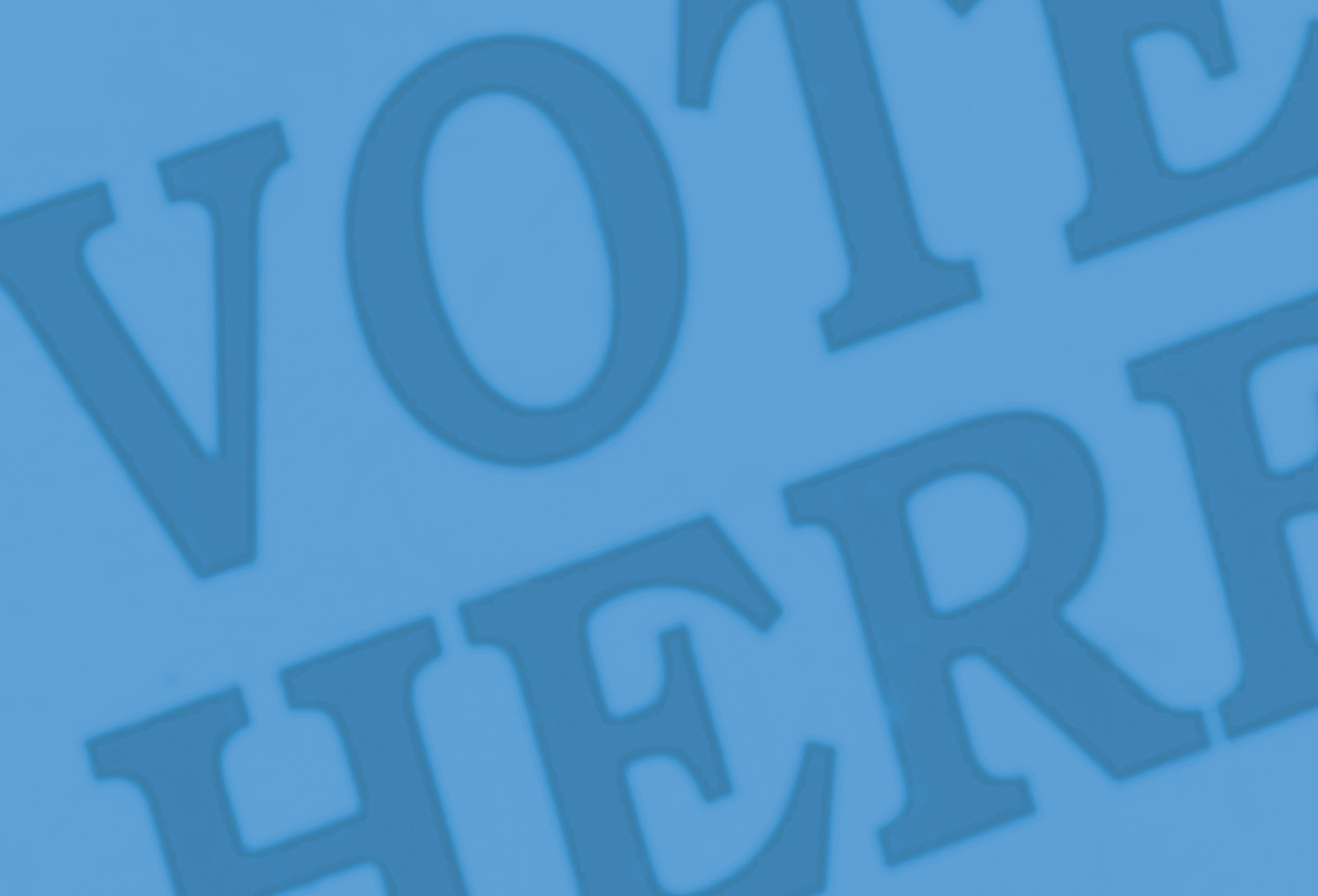Before we get too much farther into January, I want to take a moment to wish everyone a Happy New Year on behalf of the Democracy Fund team.
I’ve always believed that developing resolutions for the new year is a powerful act of renewal and commitment. 2017 brings with it a wide range of challenges to our democracy that are deeply concerning. But it is also an opportunity for each of us to apply what we’ve learned from the past to our future plans and to recommit ourselves to those principles that we each hold most dear.
I hope you will consider joining me in making the following resolutions:
- I will remember that while our democracy is resilient, it is more deeply vulnerable than many of us realized and requires constant vigilance.
- I will seek to engage and understand people who anger me, rather than shaming and isolating them.
- I will do my best to keep in mind that history is long and conditions change in unexpected ways (both for the good and bad).
- I will remember that I have blind spots and that perceptions based on recent history may be wrong (especially in our new environment).
- I will speak out when I see injustice and stand up for those who are targeted by bullies.
- I will look to support efforts that are ambitious enough to make a difference, even if there is significant risk they may not succeed.
- I will be unafraid to fail and will make every effort to learn from experiments that don’t work out.
- I will remain committed to strengthening the core institutions and norms of our democracy.
- I will maintain my confidence in the goodness and wisdom of the American people (even when it can be challenging to do so).
In times of uncertainty, the value of a strong community of diverse voices is clear. Discussing our values and concerns with trusted peers and reaching out beyond our immediate networks to hear new perspectives will help make our work to promote healthy democracy more effective.
At the Democracy Fund, our staff includes Republicans, Democrats, and Independents who are committed to working together to make our democracy work better. In 2016, we hired 10 new full time members of our staff – and as we look ahead to 2017, we are continuing to recruit for several open positions.
Today, I’m pleased to welcome five new leaders to our National Advisory Committee:
Anthea Watson Strong, a lead on the Civics team at Google, builds products that help decision makers govern more effectively, help people access public services more efficiently, and help users engage in the civic process.
Charles J. Sykes is one of the most influential conservatives in Wisconsin. The author of eight books, he is a senior fellow at the Wisconsin Policy Research Institute, founder and editor in chief of the website Right Wisconsin, and is the editor of Wisconsin Interest magazine.
Geneva Overholser is an independent journalist and media critic in New York City. She is a former ombudsman for the Washington Post and editorial board member of the New York Times. Previously, she was editor of the Des Moines Register, where she led the paper to a Pulitzer Prize for Public Service.
Kristen Soltis Anderson is a researcher, pollster, and political analyst. She is a leading expert on the millennial generation and is author of The Selfie Vote: Where Millennials Are Leading America (And How Republicans Can Keep Up). In 2013, she was named one of TIME Magazine’s “Thirty Under 30 Changing The World.”
Sonal Shah is a global leader on social innovation policy, including impact investing, data and technology for social good, and civic engagement through government, business, philanthropy, and civil society. Previously, she founded the White House Office of Social Innovation and Civic Participation where she led the Obama Administration’s efforts to leverage technology and partnerships to solve some of the nation’s toughest challenges.
Please visit our About Us page to learn more about our team. Together, we are committed to finding achievable solutions to our nation’s biggest problems and will work to ensure that our political system is able to withstand new challenges and deliver on its promise to the American people in 2017 and beyond.




